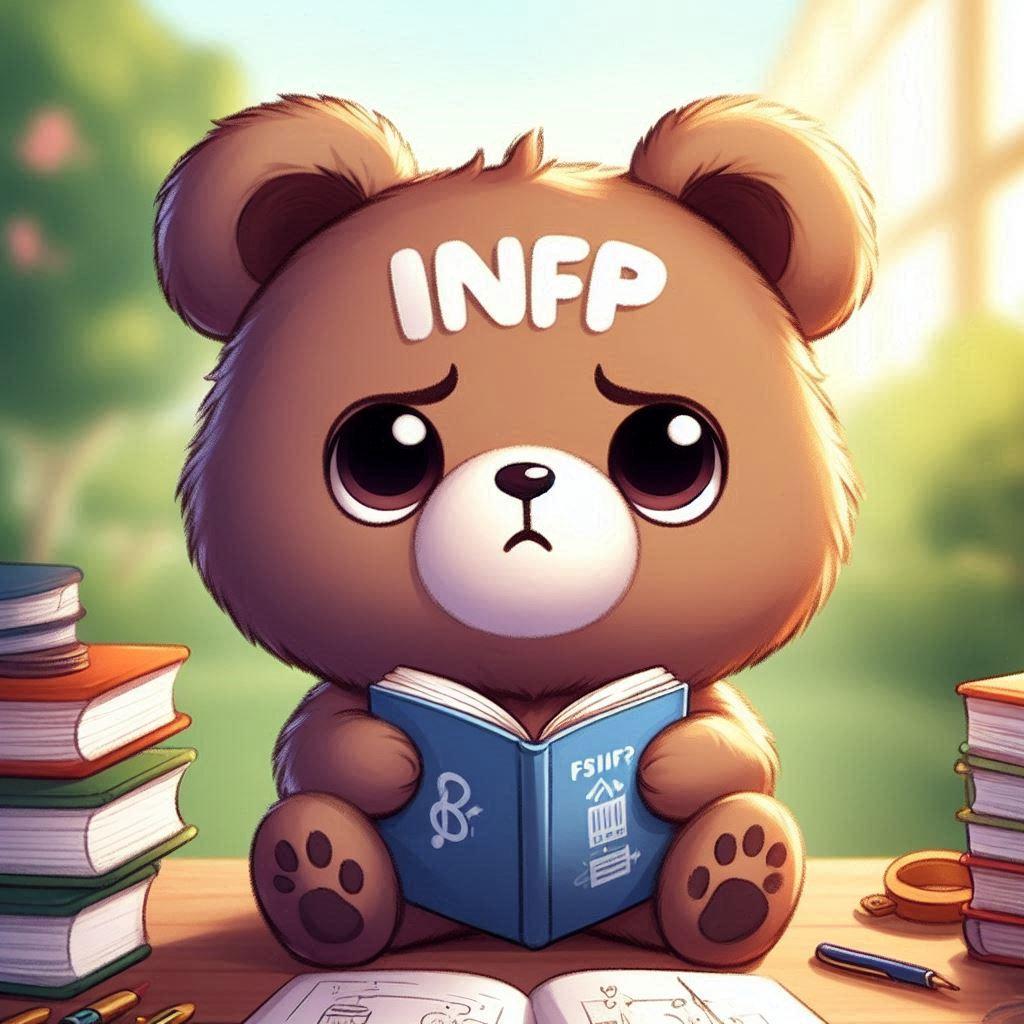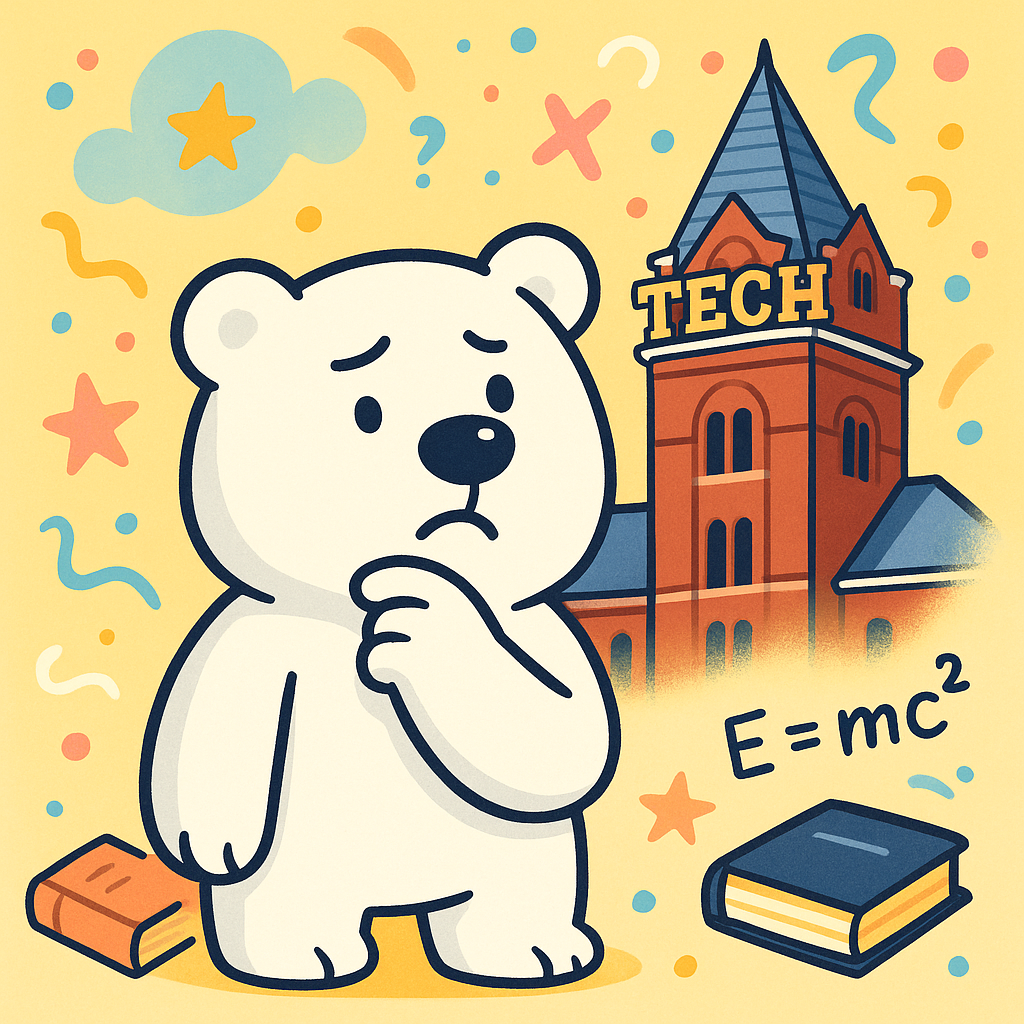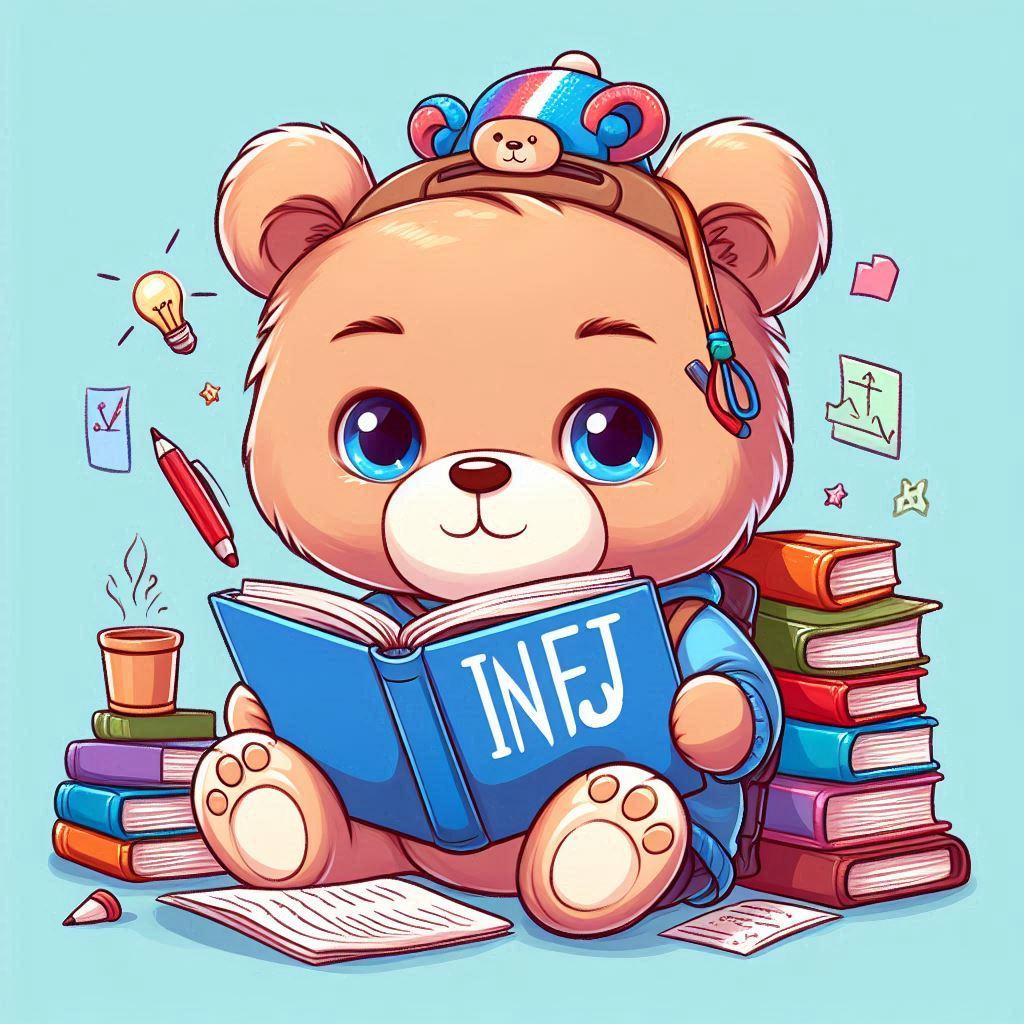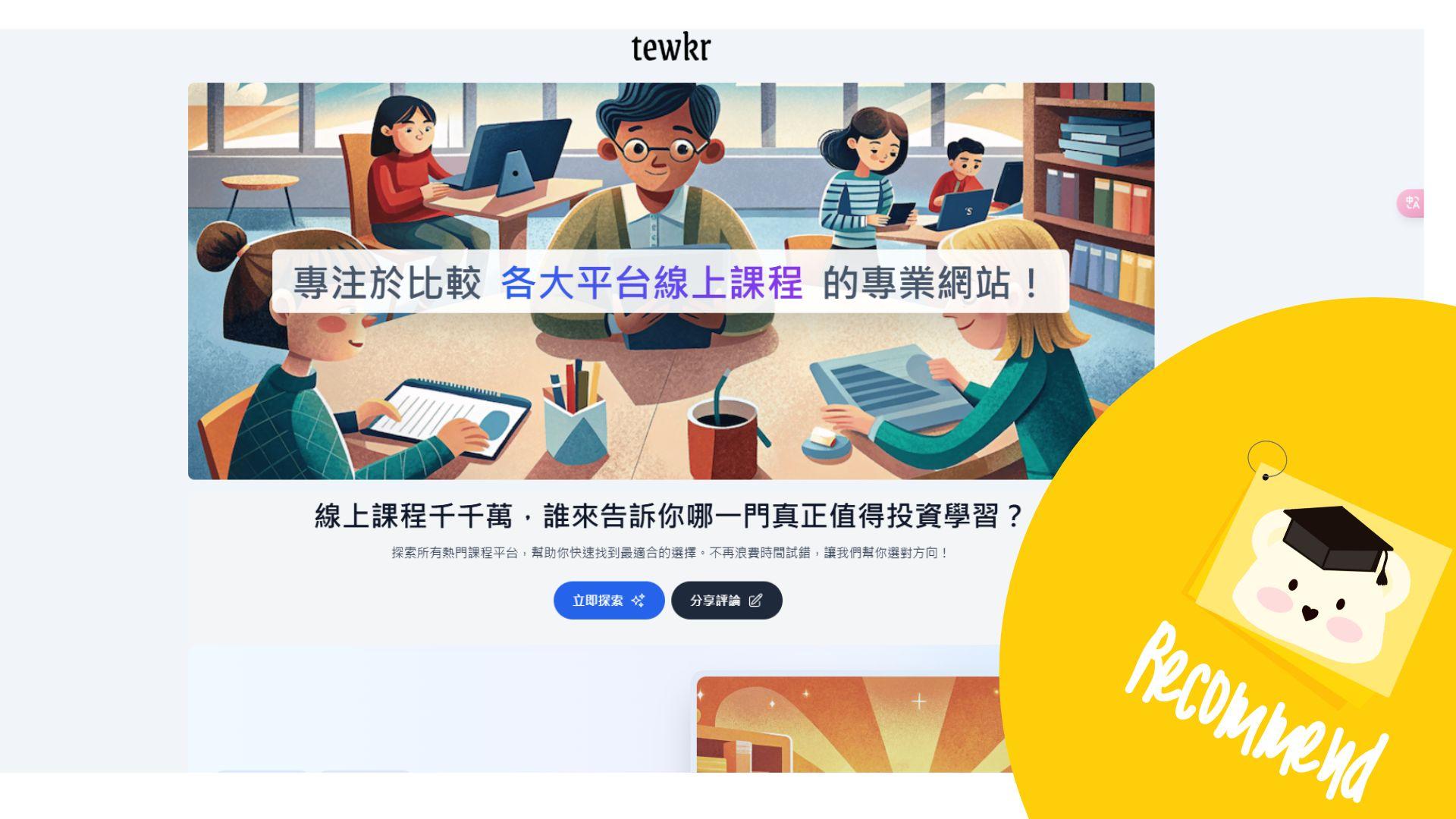*This article is written by team Bearbei but review and refine it through AI technology.
Learning is a complex and highly individualized process. At bearbei.com, we believe, like many educators, that each person requires a unique approach to studying. As INFPs with Fi, Ne, Si, and Te functions, we often face challenges with traditional study methods. This can lead to situations where you easily grasp the teacher's ideas but still receive poor grades on exams. This blog post from bearbei.com aims to offer insights and benefits tailored to your learning style.
Our app is filled with creativity and kindness, reflecting the personality of our founder, an INFP-T. Through extensive discussions with him about his own learning experiences, we’ve developed strategies that may help fellow INFPs improve their study habits and academic performance.
INFPs have a unique learning style that often differs from traditional methods. Some might mistakenly perceive INFPs as "stupid" due to their grades, but in reality, they are exceptionally intelligent and may be best suited for ideal, personalized learning methods.
In many Eastern countries, the typical educational system places primary importance on grades. This emphasis can lead students to focus solely on grades rather than actual knowledge, which is a serious problem. This issue often goes unnoticed due to the delayed impact of this type of education. The consequences can be catastrophic, as students may forget the beauty of learning. In Taiwan, for example, this has led to intense competition among students, each trying to outdo the other. Worse still, without external motivation, these students may not become lifelong learners. Our founder shared his experience from his first university, where many peers stopped learning after being admitted. This is particularly sad because college should be a time of extensive learning. Moreover, some students may not even know why they chose their major.
While we focus on how INFPs should learn, we have also dedicated significant time and energy to discussing common problems with the traditional route of learning. We are not suggesting that the traditional education system is completely useless. Like a coin with two sides, the education system has its pros but also areas needing further attention. This is particularly relevant to INFPs, who are highly sensitive to their environment, especially when human factors are involved.
Our founder has spent considerable time introspecting on his own learning journey and developing strategies to help fellow INFPs. He has studied MBTI theory and Jung's cognitive functions extensively. One key insight is that most current traditional educational theories heavily rely on the Si (Introverted Sensing) function. In the context of studying, Si emphasizes the importance of past experiences, routines, and structured learning. This approach can be beneficial for many students due to its structured and direct feedback mechanisms. However, for INFPs, with their cognitive functions Fi, Ne, Si, and Te, this system may not be ideal.
With Ne (Extroverted Intuition) as their second function, INFPs are naturally curious and inclined to explore ideas that may not seem directly related. They often learn things intuitively, sometimes without even realizing it, due to their dominant Fi (Introverted Feeling) which processes information based on internal values and feelings. In a Si-dominant education system, this Ne-driven curiosity can be suppressed, leading INFPs to question the relevance of what they are learning if they are not allowed to "wonder" and explore freely.
Another problem with the Si-dominant education system, especially in Eastern countries like China and Taiwan, is the reward system that favors students who excel within this structure. Teachers often give small rewards, such as the opportunity to choose their seat during the next seating arrangement, to students who perform well. While these rewards might seem insignificant to many, they can be deeply hurtful to INFPs, who are extremely sensitive individuals. This can exacerbate feelings of inadequacy and discouragement, drawing attention to another challenge INFPs face in traditional educational environments, which is the human factors.
Another significant challenge for INFPs, identified through our founder's reflections, is their sensitivity to interpersonal dynamics. INFPs are deeply affected by words, especially by those they admire or respect. Criticism or conflict can hinder their ability to focus and study effectively for extended periods. Like other NF types, INFPs generally dislike arguments and strive for harmony in their environments.
To create a supportive environment for INFPs, it's crucial to foster conditions that nurture their strengths and mitigate their challenges. Here are some suggestions:
- Encourage Creativity and Flexibility: Provide opportunities for creative expression and learning experiences that allow for exploration and curiosity. Flexibility in study methods and assignments can accommodate INFPs' intuitive approach to learning.
- Emphasize Personal Growth: Shift the focus from grades to personal growth and understanding. Encourage INFPs to reflect on their learning journey, emphasizing the value of self-discovery and internal fulfillment.
- Promote Positive Feedback: Offer constructive feedback that highlights strengths and encourages improvement. Avoid overly critical or harsh evaluations that may discourage INFPs.
- Create a Supportive Community: Foster a supportive community where INFPs feel safe to express themselves and share ideas without fear of judgment. Encourage collaboration and peer support to enhance learning experiences.
- Respect Individuality: Recognize and celebrate the unique strengths and perspectives of INFPs. Avoid rigid expectations and allow for individualized approaches to learning and problem-solving.
By implementing these suggestions, educational environments can better accommodate the needs of INFPs, enabling them to thrive academically and personally.
Please note that the cover photo for this blog is an AI-generated image designed to fit the content and theme of the post. While it does not feature the Bearbei mascot, it was chosen to visually represent the concepts discussed, such as collaboration and personalized learning. We hope it enhances your reading experience and aligns with the innovative approach we’re exploring.
 Check Out Our APP
Check Out Our APP





